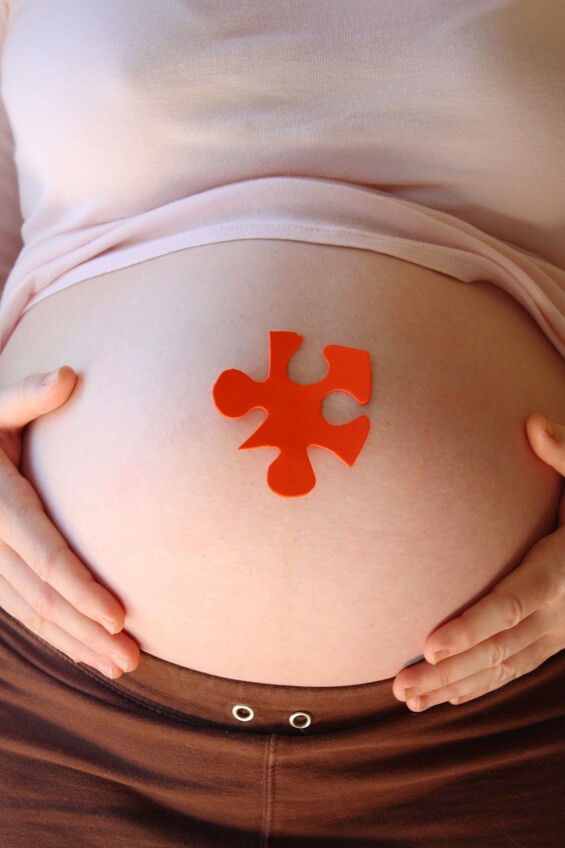
‘Excess’ Folate in Pregnancy Linked to Autism
Wait, what? Folate in pregnancy INCREASES risk of autism? I give up! Moms really can’t win. If this is what
you’re thinking, you’re not alone, I was right there with you when I read this headline earlier today. So, please do yourself a favor
and READ on.
We are bombarded with so much information these days that it’s easy to swallow a headline whole without taking the time to fully digest the information
that follows. In fact, just this morning I saw a post on Facebook stating that 70% of users comment on science stories after
only reading the headline. Wouldn’t you know, I had only read the headline of that story (but it stuck with me). I got a good
chuckle when I went back to reference it only to realize there was, in fact, no article!
Nutrition research often contradicts itself (especially when we’re only looking at the headlines). In February of 2013, this article highlighting the benefits of folate in preventing autism was published on Web MD while just a couple weeks ago this seemingly contradicting article warning pregnant women of the harms of too much folate was published on the same site. So, let’s start by taking a long,
slow breath together and hold off on throwing those prenatal vitamins in the trash. If you don’t have time to read through,
let me share this – the KEY word here is excess.
Daniele Fallin, PhD, director of the Bloomberg School’s Wendy Klag Center for Autism and Developmental Disabilities released preliminary findings on
her research at the 2016 International Meeting for Autism. Her study analyzed data from 1,391 mother-child pairs in the Boston
Birth Cohort, revealing that mothers with very high levels of folate at delivery were twice as likely to have children with autism compared
to mothers with normal levels of folate at delivery. The risk was greatest in mothers with both excessive B12 and folate levels; over
17 times higher. It is important to note that 10% of the study participants were found to have high levels of folate
and that a causal relationship was not determined. However, there does appear to be a connection and more research is needed.
The normal range of serum (blood) folate is 2.7-17.0 nanograms per milliliter (ng/ml). Those who were found to have excessive levels
of folate in their blood were estimated to be ingesting more than 4 times the recommended amount of folate during pregnancy (400-800 mcg/day).
We know that folate protects against neural tube defects and is essential for cell growth and neurological development. Women are encouraged
to get extra folate during pregnancy and this is the first indication that there may be an “upper limit”.
So how would someone achieve 4 times the amount of recommended folate? Folate is found naturally in fruits and vegetables
and synthetically in fortified cereals, breads and vitamins. It’s also that one nutrient that every health professional “knows”
is important for pregnancy. It’s a point that is reinforced repeatedly to any pregnant woman. So, it’s possible (and I’m
eager to get my hands on this study to look at her discussion) that these well-intended mamas were simply doing what they were told.
The great thing about nutrients found in food is that they are self-limiting; it’s nearly impossible to over-consume any
single nutrient when eating whole foods. While prenatal vitamins during pregnancy ( and before conception, if possible) are important, perhaps
we don’t need so much fortification in our foods. As we sort through all this confusion, my recommendation would be, eat as
many whole foods as possible including a lot of greens and take your prenatal vitamin. Stay mindful of where
your folate is coming from — fortified beverages, cereals, breads and other foods. Food companies are notorious
for capitalizing on nutrition trends and translating that into super-fortification and nutrient-specific marketing.



